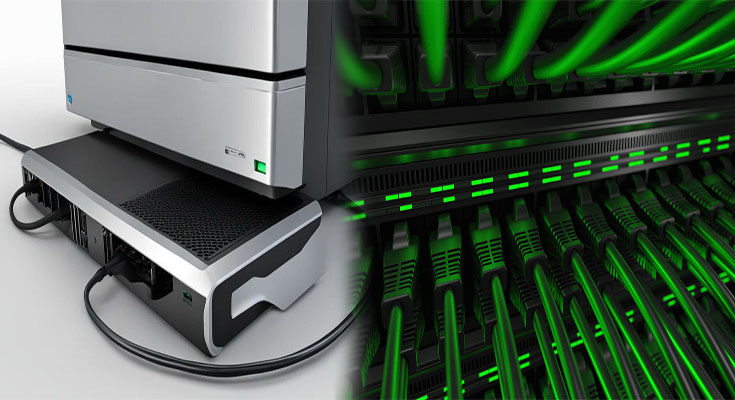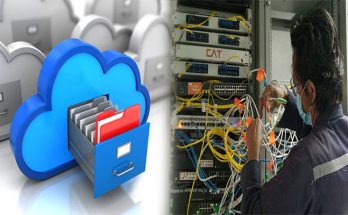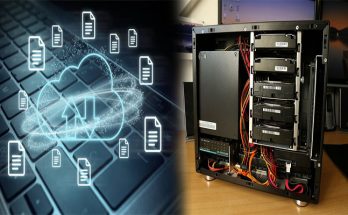In an era where sustainability and energy efficiency are at the forefront of technological advancements, the realm of home automation is no exception. With the growing trend towards smart homes and interconnected systems, the need for energy-efficient mini servers to power these applications has become increasingly relevant. This article explores the significance of energy-efficient mini servers for home automation and highlights key considerations for selecting the right solution to optimize power consumption and functionality.
The Rise of Smart Homes and Home Automation
As technology continues to permeate various aspects of our lives, the concept of the smart home has gained significant traction. Home automation systems enable homeowners to control and monitor a plethora of functions within their living spaces, such as lighting, climate control, security cameras, and entertainment systems. These interconnected devices rely on a central server to manage and coordinate their activities, making the choice of an energy-efficient mini server crucial for sustainable and cost-effective operation.
Energy-Efficient Mini Servers: Balancing Performance and Power Consumption
When it comes to selecting an energy-efficient mini server for home automation, finding the right balance between performance and power efficiency is critical. These mini servers need to be capable of handling the demands of running multiple automation applications while consuming minimal energy. This balance ensures that smart home systems operate seamlessly without unduly burdening the homeowner with high electricity costs or environmental impact.
Notable Options for Energy-Efficient Mini Servers
- Raspberry Pi: Regarded for its compact size and energy-efficient design, the Raspberry Pi is a popular choice for home automation enthusiasts. This single-board computer offers a balance of performance and low power consumption, making it suitable for managing various smart home applications.
- Intel NUC: The Intel Next Unit of Computing (NUC) series provides compact, energy-efficient mini PCs that offer a compelling blend of performance and power optimization. These mini servers are well-suited for running home automation platforms while minimizing energy usage.
- Loxone Miniserver: Tailored explicitly for home and building automation, the Loxone Miniserver is lauded for its energy-efficient operation and comprehensive control capabilities. Its design emphasizes energy conservation, making it an ideal choice for powering smart home systems.
- DIY Home Server Builds: For those seeking a customizable solution, building a DIY home server using energy-efficient components can offer flexibility and control over power consumption. By carefully selecting low-power hardware components and optimizing settings, a custom-built mini server can deliver efficient performance tailored to specific home automation requirements.
The surge in demand for smart homes and home automation necessitates a strategic approach to selecting energy-efficient mini servers. By considering factors such as power consumption, processing capabilities, and the specific requirements of home automation applications, homeowners can make informed decisions that align with their sustainability goals.
In the pursuit of an energy-efficient future, the role of mini servers in home automation cannot be understated. As technological innovations continue to evolve, the integration of energy-efficient mini servers into smart home ecosystems represents a proactive step towards sustainability and responsible energy usage.
By embracing the possibilities offered by energy-efficient mini servers, homeowners can achieve a harmonious balance between cutting-edge automation and environmentally conscious living, paving the way for a more sustainable and efficient future.





